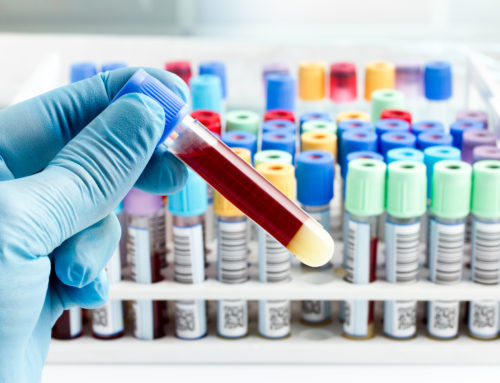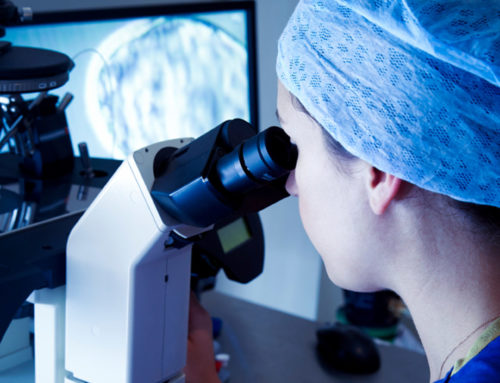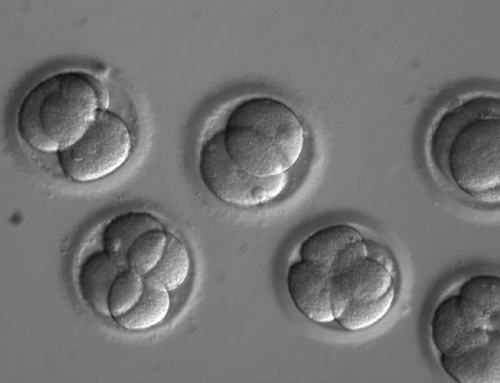Intracytoplasmic Sperm Injection (ICSI)
In Vitro Fertilization (IVF) + ICSI
Before a man’s sperm can fertilize the egg, it must first attach to the outside, then push through the outer layer into the center (cytoplasm) where fertilization can take place.
In some instances, the sperm is unable to accomplish this task. Either the egg’s outer layer is too thick or hard, or the sperm are not strong enough. In these cases we assist the fertilization process by using a tiny needle, called a micropipette, to inject a single sperm into the center of the oocyte (egg).
ICSI helps situations where:
Too few sperm
Sperm don’t move in normal fashion
Sperm have trouble attaching to the egg
Blockage in male reproductive tract
Normal sperm, but eggs fail to fertilize in basic IVF
Use of previously frozen eggs
ICSI is a fertility treatment that fertilizes 50-80% of the eggs on which it is performed, producing high IVF success rates.
The difference between IVF and IVF with ICSI
ICSI differs from basic IVF in that during traditional IVF fertilization occurs when roughly 50,000 motile (swimming) sperm are placed alongside the oocyte (egg) in a dish in our embryology laboratory. ICSI uses only one sperm and is injected directly into the egg for fertilization.
In both cases the fertilized egg, now called an embryo, will develop in our embryology lab for 3-5 days before being transferred into the mother’s womb (uterus) where hopefully it will implant and grow into a baby girl or boy.
You may elect to have the resultant embryos tested for genetic disorders (PGD), chromosomal abnormalities such as Down Syndrome (PGS) or for gender identification (PGD/PGS) before transfer.
Read more about Genetic Testing of Embryos.
You may also want to only transfer one embryo, called Elective Single Embryo Transfer, or eSET and choose to freeze the remaining healthy embryos for possible later use, called a Frozen Embryo Transfer (FET) cycle. FET cycles cost much less than a full IVF cycle, take less time, and produce very high success rates.
Other Types of IVF:
IVF + Frozen Embryo Transfer (FET)
IVF + Elective Single Embryo Transfer (eSET)
IVF + Egg Donor
IVF + Donor Sperm
Natural IVF
Mini IVF (minimal stimulation)





